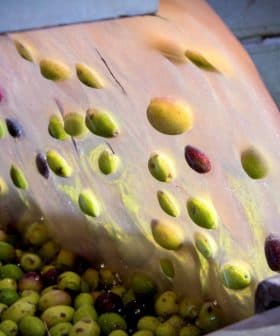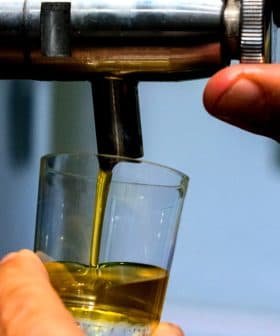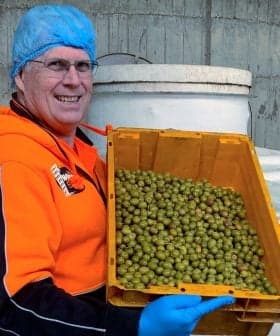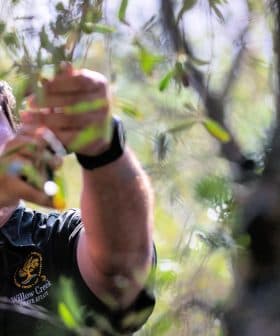Facial Recognition May Complement Taste Tests
Researchers are developing facial recognition software with the aim to enhance the accuracy of panel testing.
A new experimental method has been developed in Spain that uses facial recognition of emotions to complement panel tests in the classification of extra virgin olive oils, with Citoliva, Inoleo, and the Emotion Research Lab collaborating on the design of the software. The software identifies primary and secondary emotions to help tasters analyze their unconscious responses to olive oil samples in real time, providing a more objective evaluation and classification of olive oils that could increase confidence among producers and consumers.
The first experimental method that uses facial recognition of emotions to complement panel tests in the classification of extra virgin olive oils has been developed in Spain.
Citoliva, Inoleo, and the Emotion Research Lab worked together to design the facial recognition software, which would allow judges to analyze the unconscious response of a tasting panel to an olive oil sample.
The software identifies primary emotions as happiness, surprise, anger, disgust, fear, sadness or neutrality, and over a hundred secondary emotions, such as boredom, unease, pleasure or curiosity.
Panel tests focus on the evaluation of organoleptic traits and olive oil defaults. This innovative software could be used to help tasters ascertain how they feel toward olive oil samples in real time.
The use of technology to analyze feelings makes evaluation and classification of olive oils more objective, providing a greater confidence to olive oil producers and consumers.
See Also:Olive Oil Research NewsThe emotional organoleptic test is being developed and tested as part of the OlivEMOTION project.
“Methodology and results of this research project are still preliminary,” Raquel Costales Rodríguez, from Citoliva’s research and development department, told Olive Oil Times.
Citoliva has been responsible for gathering data about emotional reactions of olive oil tasters using a software created with the Emotion Research Lab, which has been adapted for olive oil evaluation.
Using either a computer or cellphone camera to captures facial reactions, the software has been able to translate movements and micro-expressions of tasters into emotional reactions that describe the degree of pleasure or dislike provoked by the olive oils’ different flavors and textures.
“The software identifies primary emotions such as happiness, surprise, anger, disgust, fear, sadness or neutrality (the absence of emotions), and over a hundred secondary emotions, such as boredom, unease, pleasure or curiosity,” Costales Rodríguez said.
The study has analyzed a wide selection of extra virgin olive oils that were previously evaluated by Citoliva. The results of both evaluations were compared in order to reproduce the tasters’ sensorial profiles of the olive oils. Researchers were then able to classify the oils and investigate the connection between the facial and verbal responses of tasters.
“We analyzed both extra virgin olive oils and lampante olive oils from different olive varieties and various regions,” Costales Rodríguez said. “Intensity and defaults were also evaluated. In terms of organoleptic profiles, there were oils with different degrees of fruitiness, bitterness and pungency.”
“We tried to secure the greatest possible variability with the aim of obtaining robust mathematical models,” she added.
The preliminary conclusions of the results indicated that the software appears to be a suitable tool to complement panel tests in the evaluation and classification of extra virgin olive oils.
Researchers at Citoliva believe that in the future, the tool can be used to reduce insecurity in the marketing of olive oils as well as ensure consumer confidence. The technology could assuage the fears of exporting groups who have previously said that results from tasting panels are too subjective and put exporters at legal risk.
According to Costales Rodríguez, Citoliva will continue developing the project and based on the results, will determine whether the non-profit will formally incorporate this methodology to standard assessments of olive oils.









